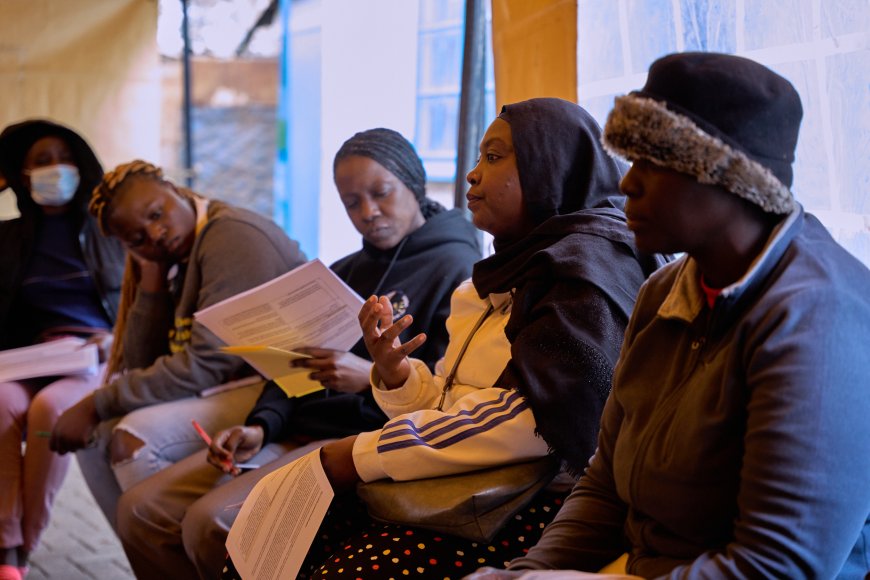Effects of Climate Change on Informal Settlements Deliberated

Thika
Monday, August 7, 2023
KNA by Hellen Lunalo
Climate change is one of the major global health challenges of our time. According to the World Health Organisation (WHO) climate change is indirectly and directly affecting many elements of health including amongst others air quality, food security, access to clean water and secure shelter.
Residents of informal settlements are more vulnerable to the health effects of climate change due to poor housing, pre-existing health issues and lack of basic infrastructure, including health care. Furthermore, this group is often neglected in research and policy making, leading to a lack of quantitative and qualitative data for those most vulnerable, especially when it is estimated that one billion people live in slum areas worldwide.
As Kenya prepares for the African Climate Change Summit set for September in Nairobi, the National Environment Management Authority of Kenya in collaboration with stakeholders held a focus group discussion with residents from Kiandutu slums in Thika West Sub county to better understand and uncover practical solutions to loss and damage experienced during floods and drought.
Speaking at the event, Linet Cheruiyot an environment officer at NEMA said it was crucial for marginalized communities to voice the harm and loss caused by climate change on informal settlements, including property damage, biodiversity loss and cultural destruction.
“Climate change is a real and undeniable threat to our entire civilization. The effects are already visible and will be catastrophic unless we act now. Through education, innovation and adherence to our climate commitments, we can make the necessary changes to protect the planet. These changes also provide huge opportunities to modernize our infrastructure which will create new jobs and promote greater prosperity across the globe,” she said.
When asked how climate change is affecting their community, most residents mentioned diseases (infectious air- and water-borne diseases like flu, cold, typhoid, cholera, malaria as well as respiratory diseases like coughing, pneumonia and asthma) and air and water pollution from surrounding factories and lack of sanitation and drainage.
In addition, insecure food supplies, rising food prices and water shortages was said by many to be connected to extreme weather events like heat waves, floods, and droughts. Floods were mentioned to cause a rise in water-borne illnesses, malaria, and skin rashes due to unclean water.
Insecure housing situations that are vulnerable to floods and are not insulated, creating an unbearably hot indoor environment in the metal sheet houses during the hot season and very cold during the cold season were mentioned.
James Muiruri, a resident, said information on climate change is generally needed among the residents of Kiandutu and the related health impacts.
“We are willing to act and change our day-to-day practices so we can adapt to the changes we are seeing that have been brought about by climate change. We urge the government to train us by giving us more information and education on this issue and at the same time show us ways to protect ourselves and our community from the effects,” Muiruri said.
Janet Onyango an environment officer from Polycom Development Group, an environmental conservation non-governmental organisation said that the focus group had enlightened the residents on the need for advocacy, training and capacity building for improved housing and slum upgrading was much needed now as the residents who experience the adverse health effects caused by climate change are empowered and eager to act.
“The current losses and damages they have experienced in the recent years through floods, heat waves, water borne diseases, air pollution and so much more are devastating and can only be mitigated by the upgrading of slums. Better and more stable housing, drainage systems, sanitary facilities, roads and dump sites will make vulnerable people living in informal settlements less vulnerable to extreme climate change related weather events.” She said.
The findings from the focus group will be used to identify ways in which knowledge on climate change, in particular related to health, can be improved and education tailored to the local context. Policy makers will also be able to craft appropriate strategies and solutions from the insights collected.
Courtesy ; K. N. A
What's Your Reaction?

































































































































































































































































































